Are you ready to take the next step in your academic journey? Crafting a compelling letter of intent can be the key to unlocking new opportunities in your desired program. In this article, we'll walk you through essential components and tips to create a standout letter that truly reflects your passion and goals. So, grab a cup of coffee and dive inâthere's so much more to explore!

Purpose and Goals
An academic letter of intent outlines the purpose and goals of the applicant for a specific program or institution. It showcases the applicant's academic background, relevant experiences, and aspirations in a coherent structure. For example, applicants can mention the specific program, such as a Master's degree in Environmental Science at Stanford University, focusing on sustainable practices and climate change mitigation. They may highlight pivotal experiences, like internships at conservation organizations or research projects on renewable energy, demonstrating a passion for environmental stewardship. Additionally, setting clear goals, such as contributing to innovative research or pursuing a career in policy-making, can enhance the letter's impact, aligning the applicant's ambitions with the institution's mission and values.
Academic Background
A strong academic background can significantly enhance a student's qualifications for graduate programs or advanced studies. The completion of a Bachelor's degree in Biology from a well-recognized institution, such as the University of California, Berkeley, with a GPA of 3.8, demonstrates a solid foundation in scientific principles. Involvement in research projects, such as the study of marine ecosystems under Dr. Jane Smith's guidance, highlights practical experience with data collection and analysis. Participation in academic conferences, like the Annual Biology Symposium held in April 2023 at Stanford University, illustrates commitment to ongoing education and professional growth. Additionally, coursework in advanced genetics and environmental science sharpens relevant skills and knowledge applicable to future studies. Academic achievements, such as Dean's List honors and scholarships, further establish a strong, dedicated student profile.
Research Interests
Research interests in the field of renewable energy have gained significant traction in recent years, particularly in areas such as solar power, wind energy, and biofuels. Solar energy, harnessed through photovoltaic cells, accounted for approximately 3% of global electricity generation in 2020, with potential growth projected to exceed 20% by 2025. Wind energy, which is rapidly expanding in countries like Denmark (where over 47% of electricity comes from wind), represents a powerful tool in reducing carbon emissions. Additionally, biofuels derived from organic materials present an alternative to fossil fuels, contributing to sustainable agricultural practices while addressing energy demands. These interdisciplinary themes not only promote technological advancements but also encourage collaboration among scientists, policy-makers, and communities, making them essential for addressing climate change challenges and fostering energy security.
Relevant Experience
Relevant experience in the field of environmental science is demonstrated through my participation in various research projects and internships. At the University of California, Berkeley, I contributed to a project analyzing biodiversity in the Sierra Nevada mountains, focusing on ecosystem health indicators. This involved data collection, statistical analysis, and collaboration with a multidisciplinary team of ecologists and biologists. Additionally, my internship at the Environmental Protection Agency (EPA) allowed me to work on air quality monitoring initiatives, where I employed GIS technology to map pollutant levels across urban areas. These experiences not only enhanced my analytical skills but also deepened my understanding of environmental policies and their real-world implications. Furthermore, volunteering with local conservation organizations involved hands-on work in habitat restoration efforts, highlighting the practical applications of environmental science in community engagement and sustainability efforts.
Future Contribution to Program
The academic letter of intent serves as a vital documentation for prospective students, outlining their aspirations and intentions regarding their chosen program, often a Master's or Doctoral degree in fields such as Environmental Science or Public Policy. Future contributions to the program may include engagement in specialized research projects, collaborating with professors renowned for their work in sustainable energy solutions, or participating in community outreach initiatives aimed at fostering environmental awareness. Additionally, prospective students may aim to contribute through innovative studies on climate change adaptation strategies, potentially aligning with annual conferences held at prestigious institutions like Harvard University or Stanford University, which facilitate scholarly discourse and networking opportunities. This commitment not only enhances the program's academic environment but also promotes the student's personal growth and scholarly expertise in pivotal global issues.

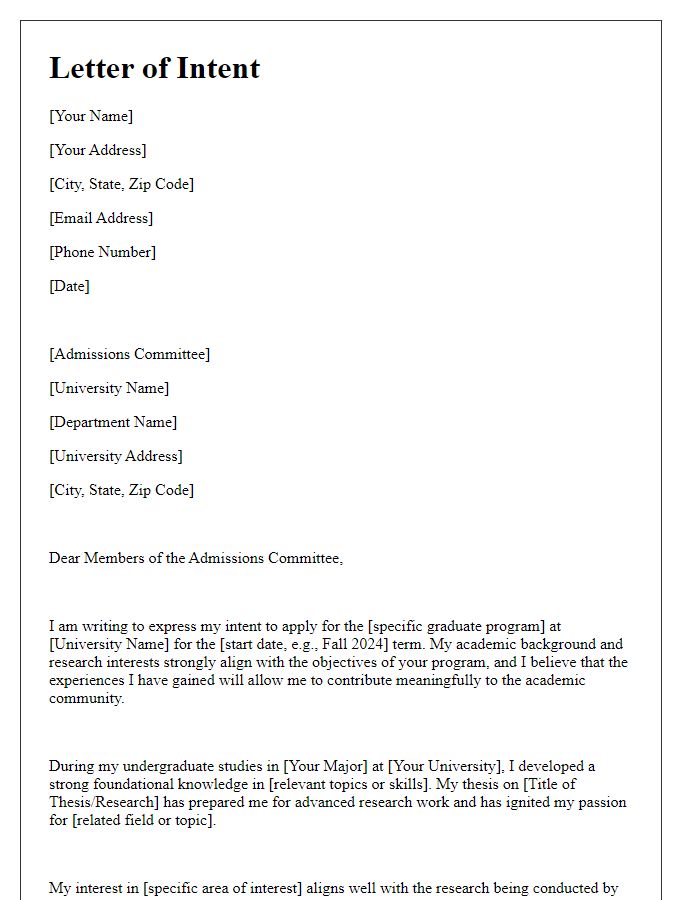
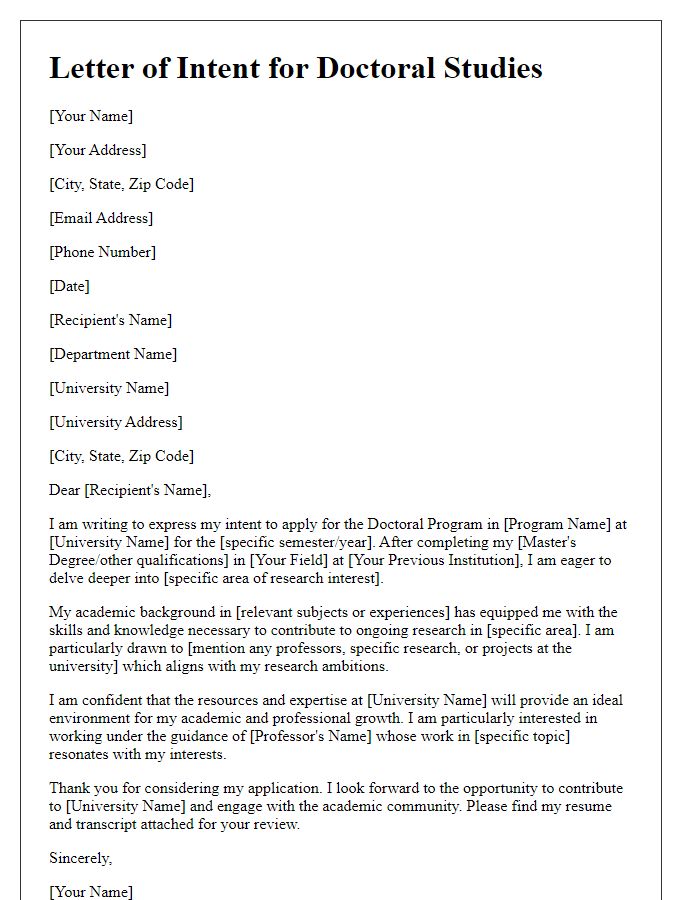
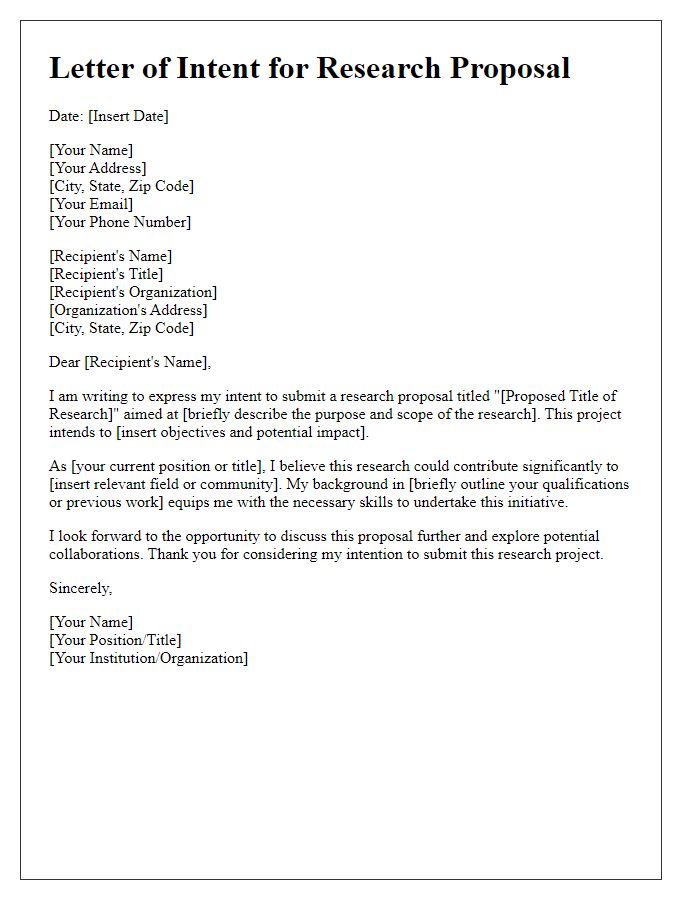
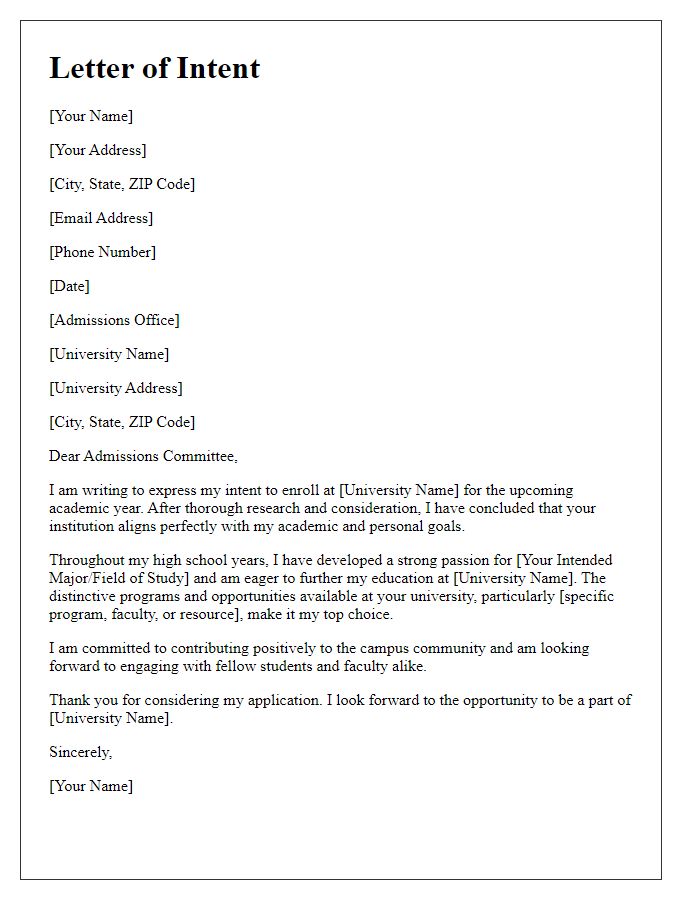
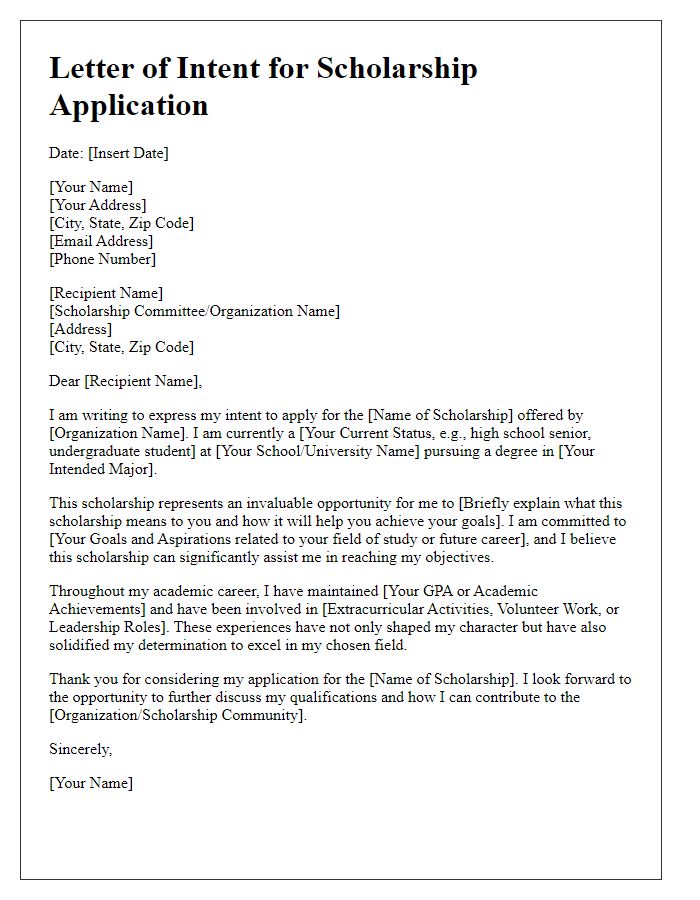
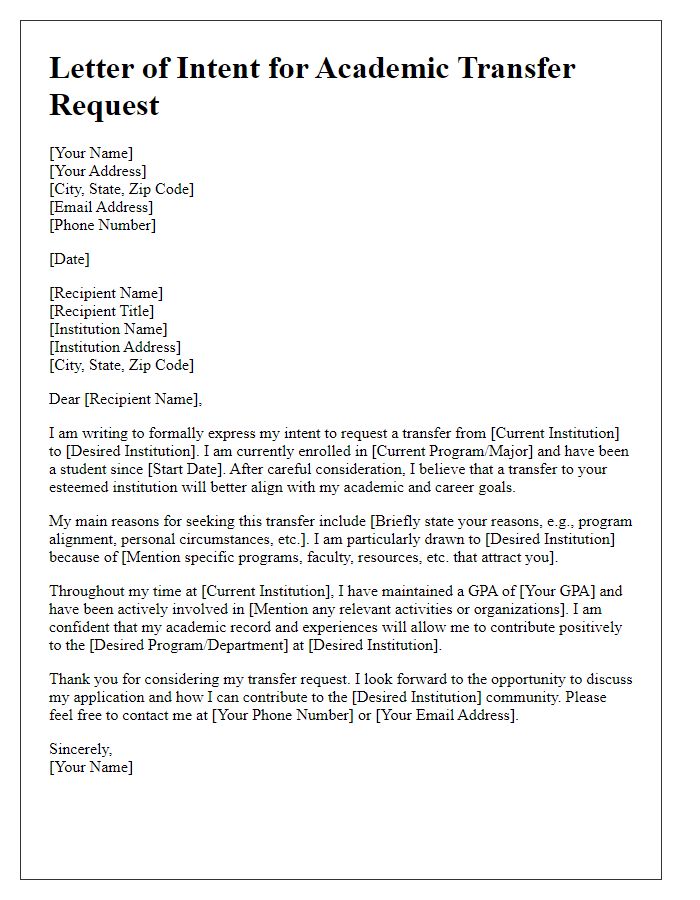
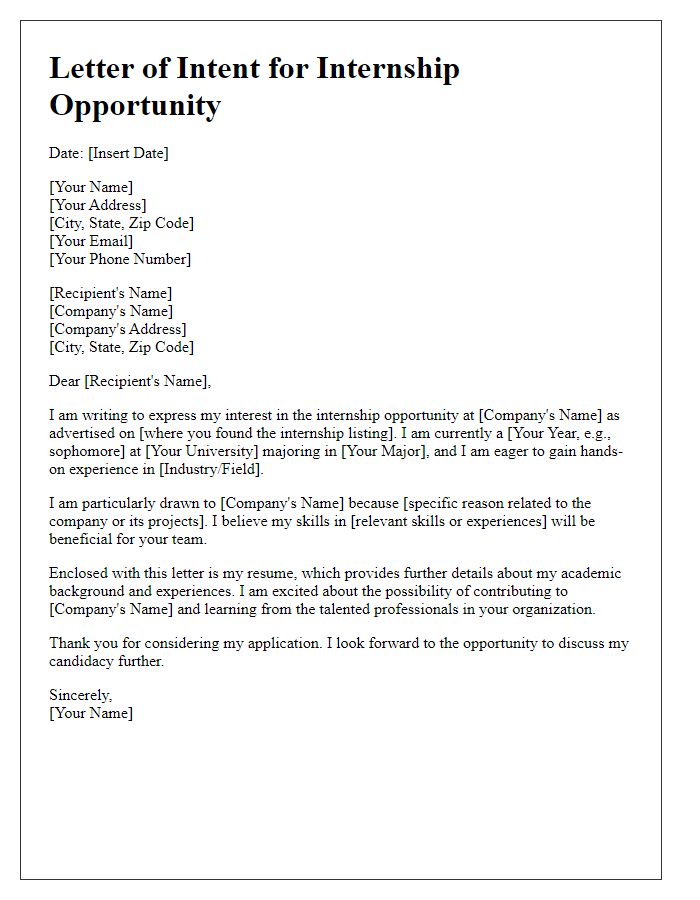
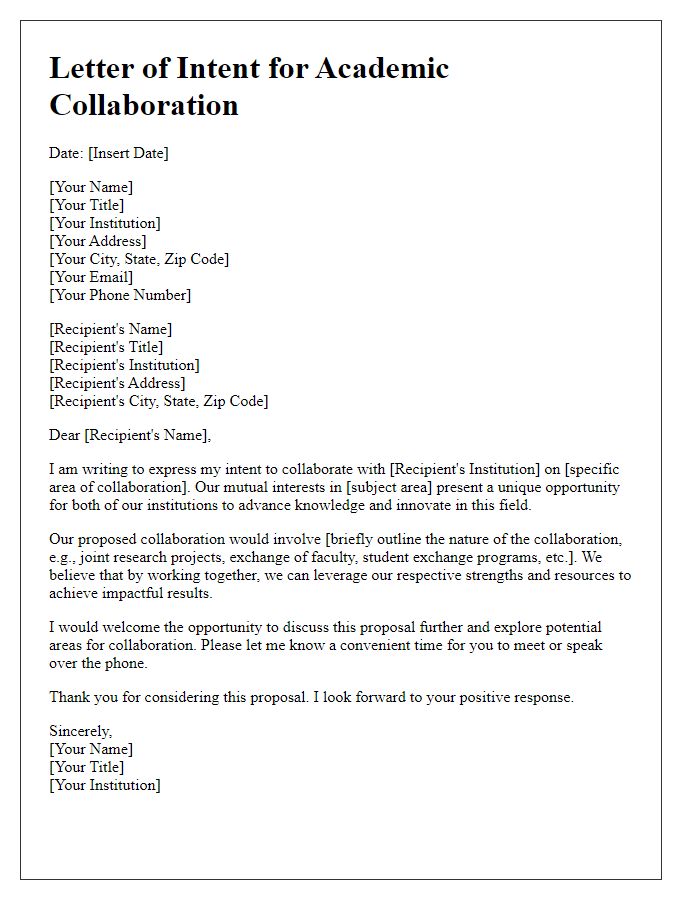
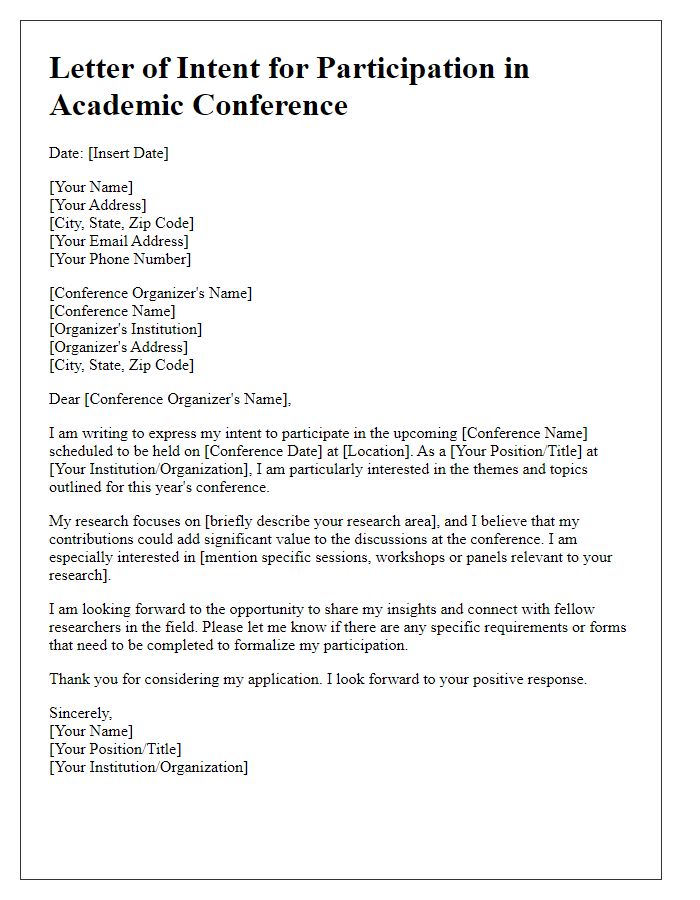
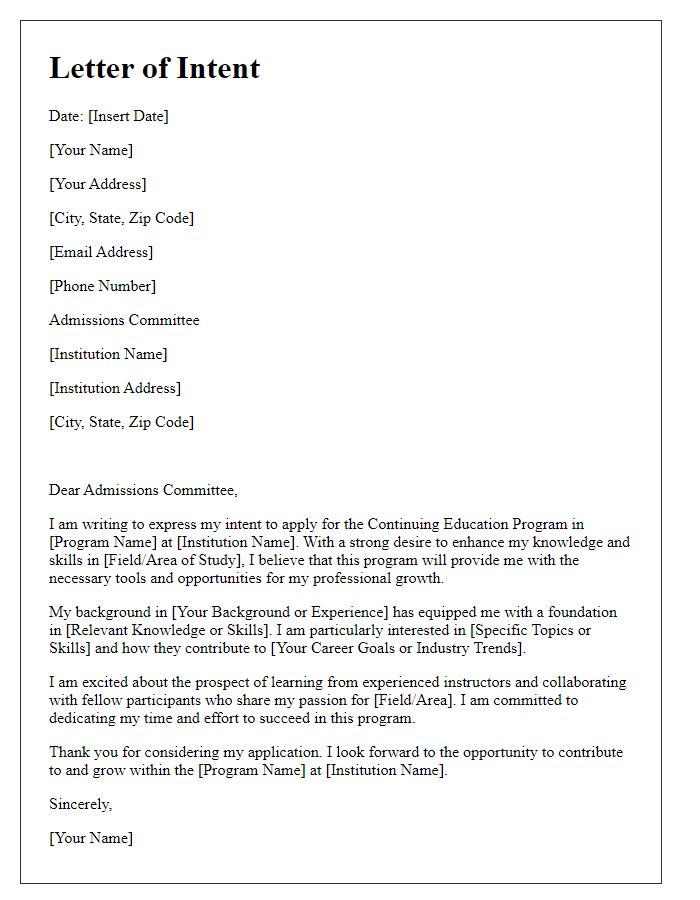

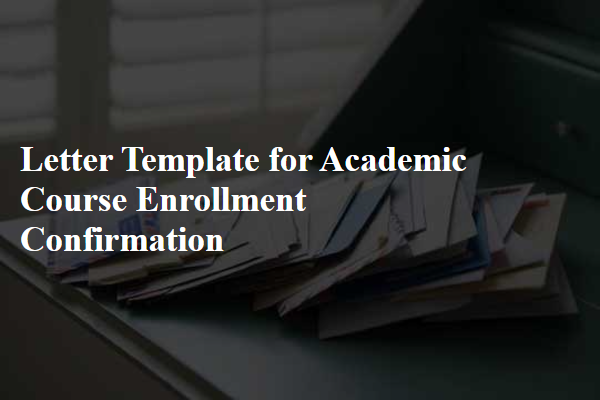
Comments